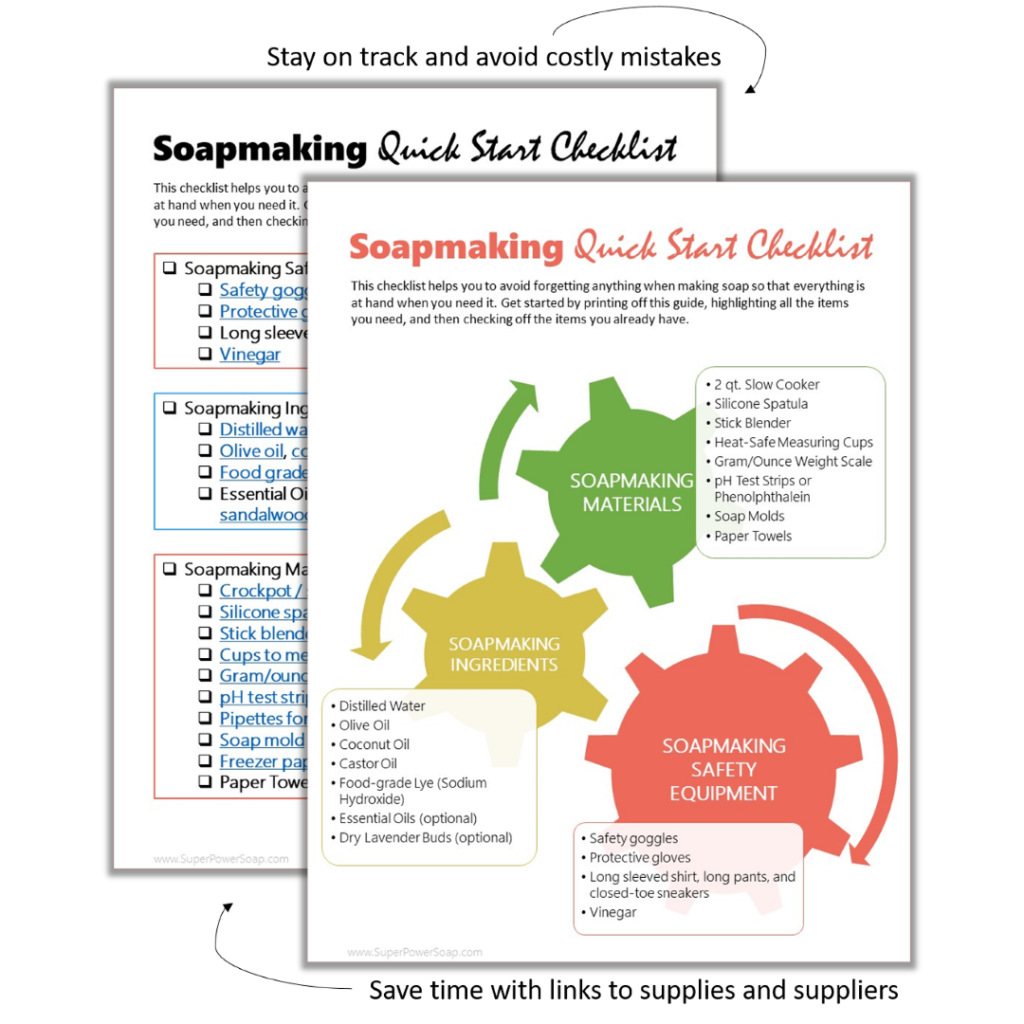The best handmade soaps are made from natural ingredients. They are free of artificial colors, fragrances, and preservatives. They also do not contain any harsh chemicals that can irritate the skin or leave a residue on your hands after washing them.
Soap is an essential part of life. The types you use have a direct impact on your health and the health of your family members as well!
There are three popular ways to make handmade soaps at home – melt and pour, cold process, or hot process. Melt and pour soapmaking is the easiest method, but cold process and hot process provides you with more control over the soap’s properties, texture, and scent.
Making handmade soap at home is not just a hobby, but it is also an investment in your personal health and well-being.
The benefits of handmade soap are numerous!
Soaps are made of some of the simplest ingredients possible.
This article will teach about:
- the soapmaking process and key ingredients
- the impact of handmade soapmaking vs commercial soapmaking on our environment
- soapmaking for a well-being
The Soapmaking Process and Core Ingredients
Soap is a cleaning agent that has been used for centuries. The process of making soap can be challenging but it yields many benefits for your health and skin.
The soapmaking process starts with selecting the main ingredients of oils, fats and lye. Oils are usually plant-based whereas fats are typically animal-based. Lye is a key ingredient in the process that reacts with the fat to produce glycerin and soap molecules called fatty acid salts or saponins which have cleansing properties. Soap also contains optional fragrances like lavender essential oil which make it smell nice and feel luxurious on your skin.
The Dangers of Using Commercial Synthetic Soap
There are many dangers of using commercial brands of soap, such as the potential for skin allergies and environmental impact.
Commercial brands of soap are usually made with harsh chemicals and ingredients that can be irritating to your skin.
These soaps contain chemicals like sodium laureth sulfate, which is a surfactant that is used in industrial cleaners and degreasers. This ingredient is also used in laundry detergents, dishwashing liquids, shampoos, conditioners, bath products, and other cleaning products.
Sodium laureth sulfate is often found in personal care products because it creates a bubbly lather when mixed with water or oil. For people with sensitive skin, these chemicals might lead to skin irritation and dryness.
When you choose natural soap over commercial brands, you’ll treat yourself to a bar that is more gentle on the skin and that doesn’t not contain harmful chemicals.
Why Making Handmade Soap at Home is a Must for a Healthy Lifestyle
Handmade natural soaps are good for your skin because you can choose natural oils like coconut oil or olive oil instead of using synthetic ingredients like sodium laureth sulfate or petroleum jelly.
Soapmaking is also a hobby that can help you de-stress and relieve anxiety. It can be a form of mindfulness for those who are new to meditation.
Soapmaking is also a great way to get creative with your hands and make something beautiful. It’s a fun activity for all ages, so head over to Super Power Soap on YouTube and get started today!

